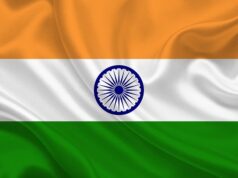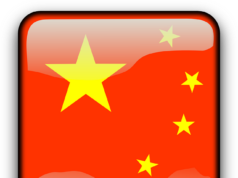Shanghai Customs transported more than 600 tons of overseas garbage abroad this year, with most of the plastics from Germany, the Philippines and Vietnam being recycled. The return is the best course of action, the customs said the day before yesterday. If everything had been traded in China, it would have caused secondary pollution with high treatment costs.
In addition to the Blue Sky 2018 domestic clean-up campaign, China joined Operation International’s „Operation Demeter IV“, a global customs initiative to control transfrontier shipments of waste, and is working with 15 international and regional organizations and 75 countries and regions to combat it of waste together.
Between 21 May and 23 July, 214 cases were reported worldwide and 37 warnings were issued, with 326,000 tonnes of waste seized.
So Poland discovered a smuggling case with more than 1000 tons of solid waste and returned it to the source. Argentina confiscated 7000 tons of polyethylene.
Subsequently, the Chinese Customs Administration requested customs in Shanghai to monitor shipments and stay in contact with ports along the route to prevent false declaration or unauthorized unloading. The Hong Kong Customs later found nine containers and had them returned to Great Britain by the owner.
The other four arrived in Shanghai in September and were under the supervision of Customs.
As part of „Blue Sky 2018“, Shanghai customs officials handled eleven criminal smuggling cases involving 34 suspects and 1100 tons of waste this year.
In September, 15 people were arrested in Shanghai and the neighboring provinces and 770 tons of trash were confiscated. They are said to have received the waste with fake documents from Italy, Germany and Japan and tried to bring them for sale in the country.
As of December 31, additional types of waste will be added to the list of items not to be shipped into the country, including hardware, ships, auto parts, stainless steel, titanium, wood waste and scrap.
China began importing solid waste as a source of raw materials in the 1980s and has been the world’s largest importer for years. As part of the green development, the government decided last year to phase out imports by the end of 2019, except for those who have resources for which there are no substitutes.



